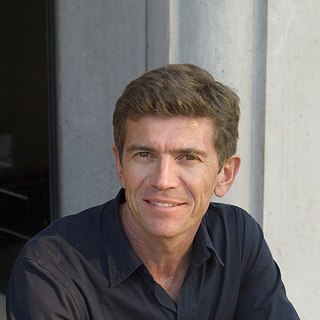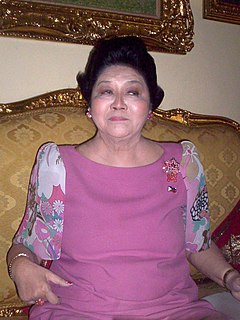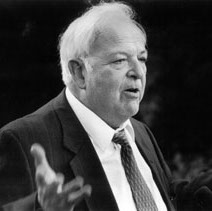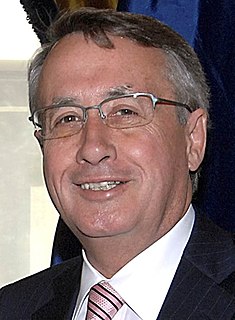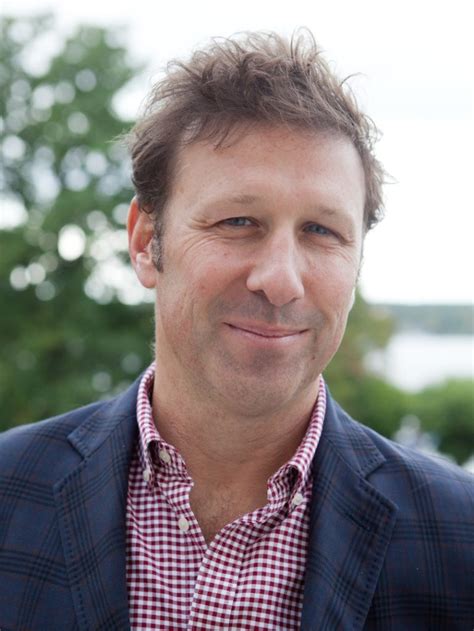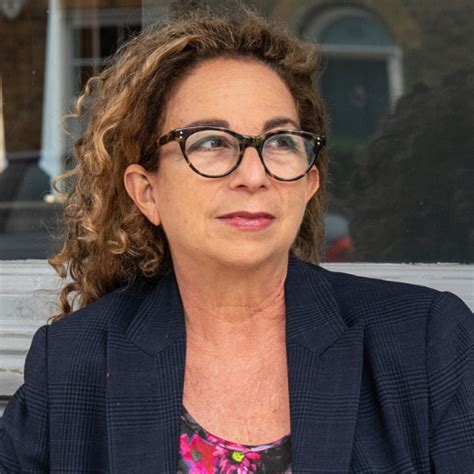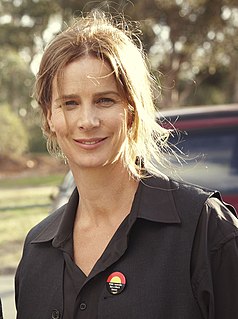A Quote by Stephen McCauley
It's hard to describe the work of the British-born Australian writer Elizabeth Jolley without somewhat misrepresenting it.
Related Quotes
As an undergraduate, I took two writing workshops taught by Elizabeth Hardwick. She was certainly a major influence, though more as a writer I greatly admired than as a teacher. As for other writers, I think it's safe to say that my work has been and continues to be influenced to one degree or another by every writer whose work I love and admire.
I studied in New York. I fell in love with an Australian-born, half-Filipina girl. So we moved to Australia when she went to her university and I moved with her. We moved to Montreal because she was going to take her year abroad, and I wanted to see if I could keep on writing there. It's really hard to make it as a writer in the Philippines.
Most British playwrights of my generation, as well as younger folks, apparently feel somewhat obliged to Russian literature - and not only those writing for theatres. Russian literature is part of the basic background knowledge for any writer. So there is nothing exceptional in the interest I had towards Russian literature and theatre. Frankly, I couldn't image what a culture would be like without sympathy towards Russian literature and Russia, whether we'd be talking about drama or Djagilev.
While I am most at home in London, I cannot really label myself as either British or Trinidadian. I write in the English language and live in the U.K. I find it hard to say that I am an entirely British writer, especially when I supported Trinidad in the 2006 World Cup and also support the West Indies cricket team.
No one can teach writing, but classes may stimulate the urge to write. If you are born a writer, you will inevitably and helplessly write. A born writer has self-knowledge. Read, read, read. And if you are a fiction writer, don't confine yourself to reading fiction. Every writer is first a wide reader.
No one can teach writing, but classes may stimulate the urge to write. If you are born a writer, you will inevitably and helplessly write. A born writer has self-knowledge. Read, read, read. And if you are a fiction writer, dont confine yourself to reading fiction. Every writer is first a wide reader.
